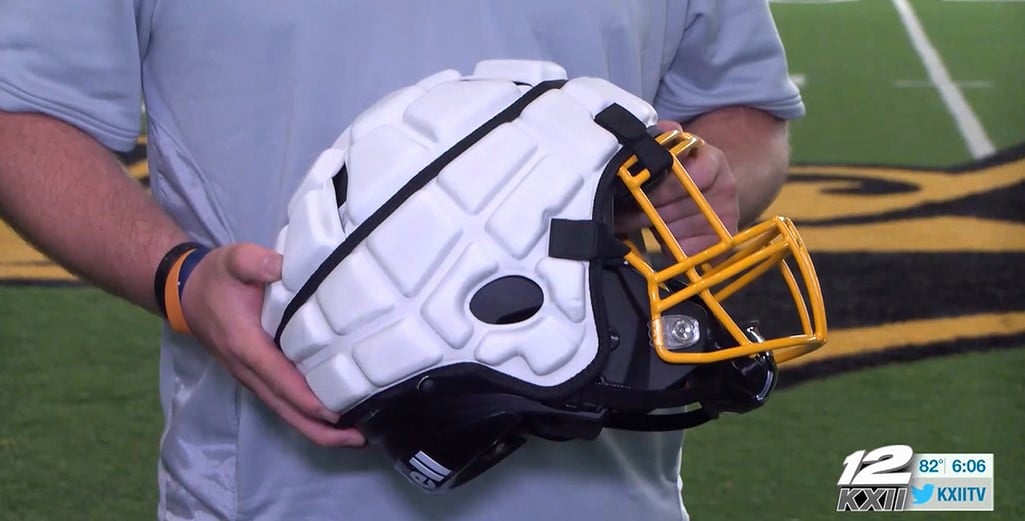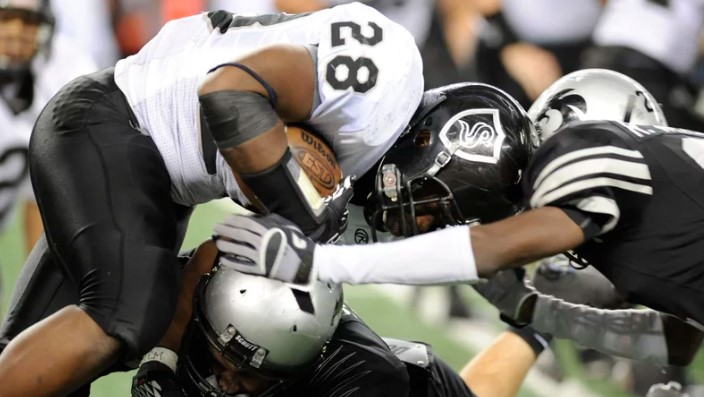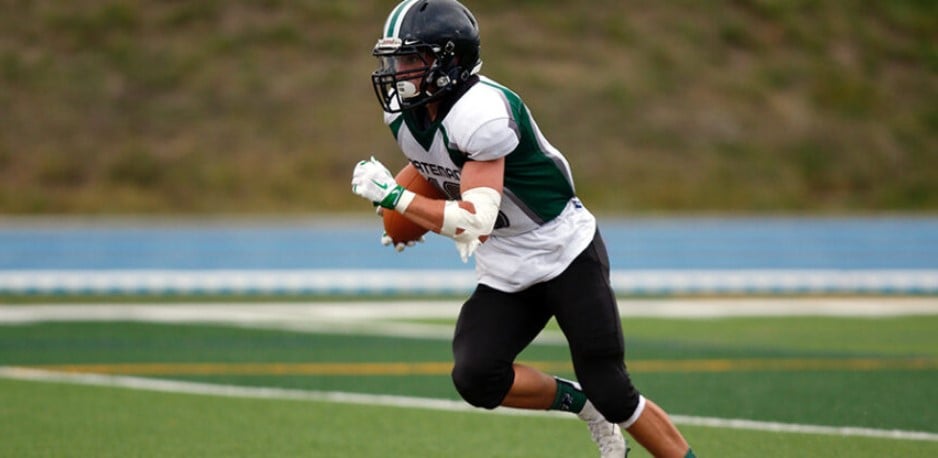Study: Unlocking the Mysteries of Concussion Recovery

In a recent study from the University of Nebraska–Lincoln, researchers Heather Bouchard and Doug Schultz delve into the intricate effects of concussions on the brain, likening the complex networks within to the bustling activity of major airports.
 Their research, published in the Journal of Neurotrauma, explores how certain brain connections strengthen while others weaken post-concussion, a discovery that challenges previous assumptions and sheds new light on brain recovery processes.
Their research, published in the Journal of Neurotrauma, explores how certain brain connections strengthen while others weaken post-concussion, a discovery that challenges previous assumptions and sheds new light on brain recovery processes.
Using functional MRI scans and leveraging baseline data before injury, the study provides unique insights into individual brain function changes due to concussion.
Schultz emphasized the significance of understanding pre-injury brain organization:
"A lot of sports-related concussion literature really just looks at what's going on with the brain after somebody gets injured."
This approach has allowed them to isolate the effects of concussion from the natural variability in brain organization among individuals.
The study's findings suggest that concussions disrupt the balance between brain networks' cooperation and specialization, potentially affecting how the brain allocates energy to various tasks.
Interestingly, the researchers observed increased communication within the default mode network immediately following a concussion, with these changes correlating with common concussion symptoms.
This research highlights the importance of early and accurate concussion diagnosis, facilitated by the unique collaboration between Nebraska Athletics and the Center for Brain, Biology, and Behavior.
The proximity of their facilities to the athletic department has enabled swift, baseline fMRI scans of athletes, setting a precedent for concussion research.
Bouchard, driven by a lack of gender-focused concussion research, is now concentrating on narrowing the gap in understanding how concussions affect women differently. Schultz pointed out the need for more comprehensive studies to improve care standards for all athletes.
"There just has not been enough research."
By uncovering the nuanced ways in which concussions alter brain connectivity, Bouchard and Schultz's work paves the way for more personalized concussion management strategies, ensuring athletes receive the care they need to safely return to play.
Read the study!
![HR Logo [Recovered]_Full Color Vertical-1](https://blog.healthyroster.com/hs-fs/hubfs/HR%20Logo%20%5BRecovered%5D_Full%20Color%20Vertical-1.png?width=199&height=178&name=HR%20Logo%20%5BRecovered%5D_Full%20Color%20Vertical-1.png)
 By
By


